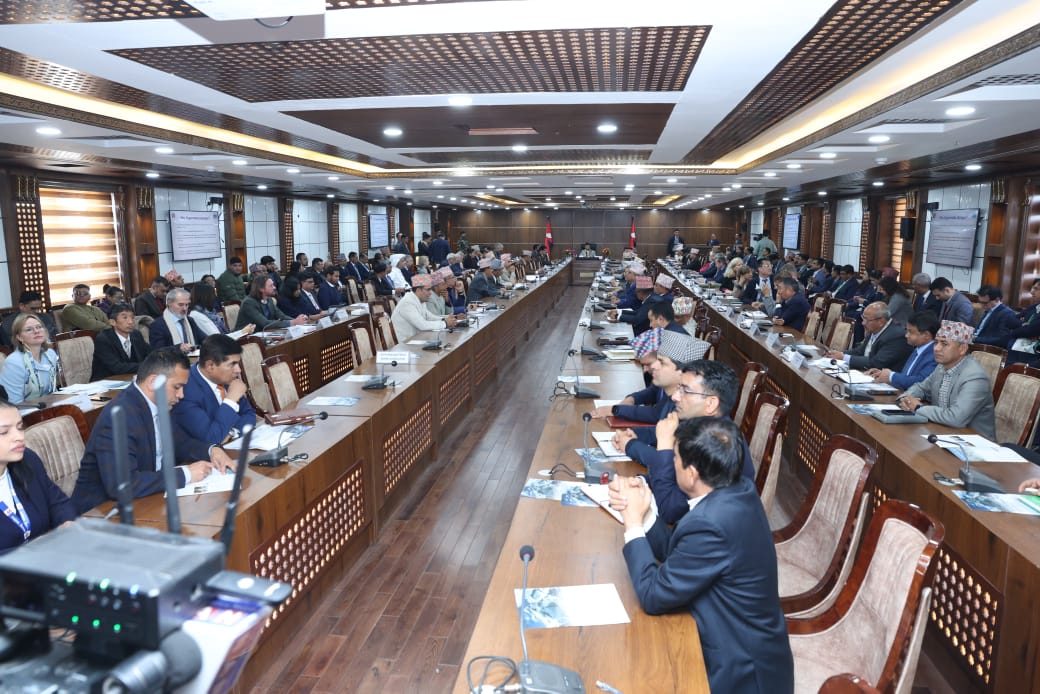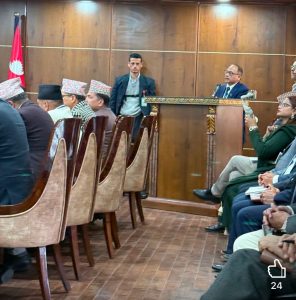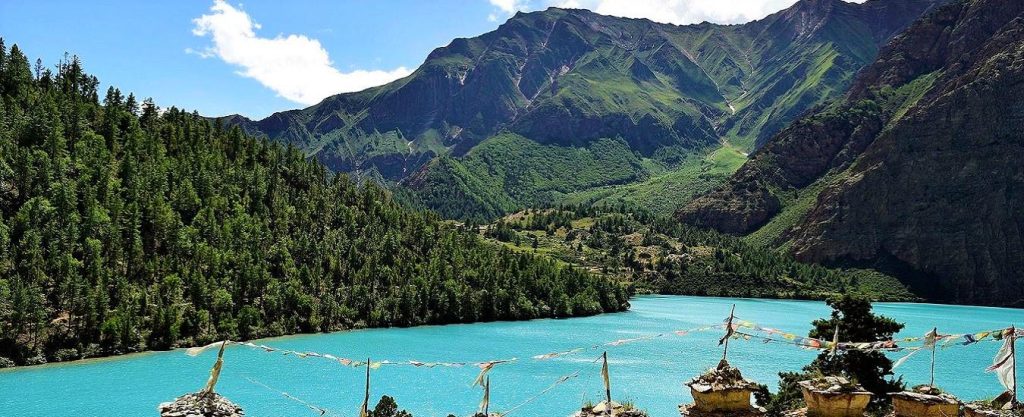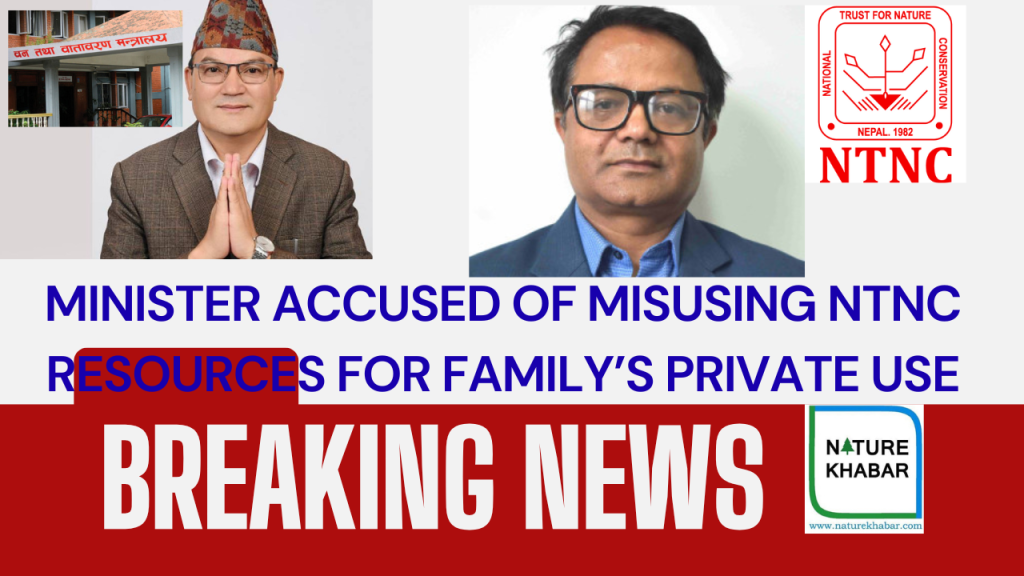Sagarmatha Dialogue Launched: A Global Push for Climate Action
- Subodh Gautam

Kathmandu: Prime Minister KP Sharma Oli has inaugurated the Sagarmatha Dialogue program to be held in Kathmandu from 20 to 21 May today. The dialogue program was launched at a program organized by the Ministry of Forests and Environment and the Ministry of Foreign Affairs at the Office of the Prime Minister and Council of Ministers, Singha Durbar.
This dialogue, which will be organized on the theme of 'Climate Change, Mountains and the Future of Human Life', will be organized every two years. Earlier, the preparations for the Sagarmatha Dialogue, which was initiated by the government led by Prime Minister Oli in 2076 BS, were postponed at the last minute due to COVID-19.
The Ministry of Foreign Affairs and Forests and Environment has formed various committees and started preparations. The dialogue will invite heads of state and government of mountainous and maritime countries, experts working in the field of climate research, national and international private sector representatives, subject experts and personalities who can influence society, media experts, among others, informed Dr. Maheshwor Dhakal, Joint Secretary of the Ministry of Forests and Environment and Head of the Climate Change Management Division. For the first time, all ministers, secretaries and ambassadors have attended the program and expressed their commitment to make the Sagarmatha Dialogue successful and productive.

Dhakal said that Nepal will develop the dialogue as part of the International Year of Glacier Conservation. Joint Secretary Dr. Dhakal, who is also coordinating the Sagarmatha Dialogue project, said, "There is a need for more discussion on the impact of climate change on mountain areas and the problems faced by locals due to this. We are also going to have a dialogue to find solutions for collective efforts." The government has also clarified some of the objectives of the dialogue project. According to Dr. Dhakal, the main objectives are to develop a common understanding among countries for an integrated and comprehensive response to the impacts of climate change from hilly areas to coastal areas, to advocate for climate justice for climate disasters faced by low-carbon emitting countries. Similarly, the main objectives are to promote multilateral cooperation and partnerships for climate finance, technology development and expansion, and capacity building, and to take the initiative to form a negotiating group of hilly countries in the regular negotiation process of the UNFCCC.




Feedback